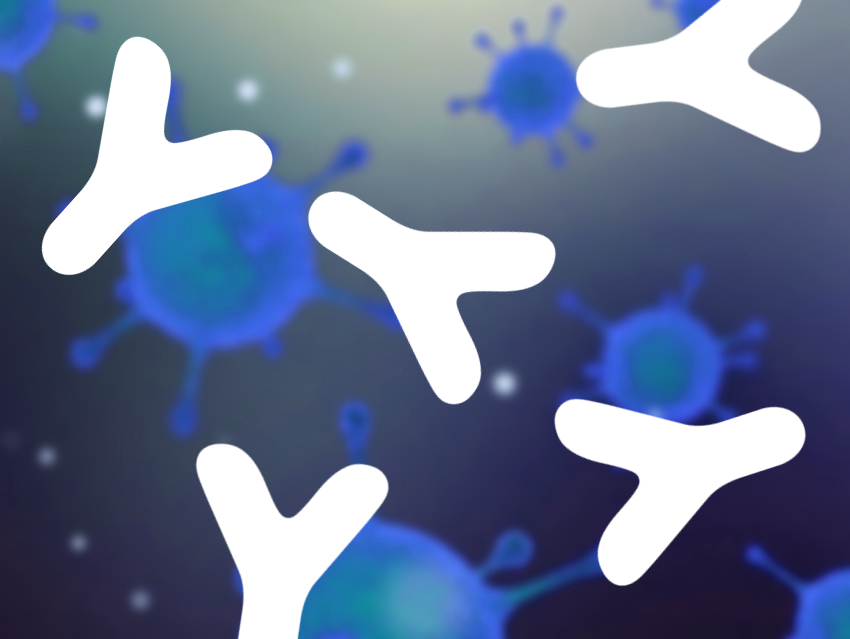The worldwide outbreak of the respiratory disease COVID-19 is caused by the coronavirus SARS-CoV-2. Treatment options for COVID-19 are sparse, so far. The development of effective treatments and vaccines is of great importance. One option is the use of antibodies from recovered patients. Such antibodies target SARS-CoV-2 and could be used to both prevent and treat infections with the virus. However, the blood of recovered patients is a limited resource and, for broad use, effective antibodies need to be identified and mass-produced.
Devin Sok, Joseph G. Jardine, The Scripps Research Institute, La Jolla, CA, USA, and International AIDS Vaccine Initiative (IAVI), New York, USA, Dennis R. Burton, The Scripps Research Institute and Ragon Institute of Massachusetts General Hospital, Massachusetts Institute of Technology (MIT) and Harvard University, Cambridge, MA, USA, and colleagues have identified potent neutralizing antibodies (nAbs) in blood samples of patients who had recovered from COVID-19. The team collected samples from 17 patients and tested their plasma for binding to SARS-CoV-2 proteins. They also tested the samples for their protective effect on a cancer cell line that expresses the ACE2 receptor, which the virus uses to enter cells. Eight promising samples were selected for antibody isolation.
The team found several thousand different antibody-producing B cells in the samples, each of which produced a different antibody. The team used gene sequences from these cells to produce antibodies and selected the most active ones for further evaluation. The team found several potent nAbs that could block the virus from entering test cells, even at very low concentrations. They achieve this by binding to the receptor binding domain (RBD) that is part of the coronavirus’ spike protein, and thus, preventing the virus from binding to ACE2. The team also performed a study in hamsters and found that the nAbs protected the animals against heavy viral exposure.
- Isolation of potent SARS-CoV-2 neutralizing antibodies and protection from disease in a small animal model,
Thomas F. Rogers, Fangzhu Zhao, Deli Huang, Nathan Beutler, Alison Burns, Wan-ting He, Oliver Limbo, Chloe Smith, Ge Song, Jordan Woehl, Linlin Yang, Robert K. Abbott, Sean Callaghan, Elijah Garcia, Jonathan Hurtado, Mara Parren, Linghang Peng, Sydney Ramirez, James Ricketts, Michael J. Ricciardi, Stephen A. Rawlings, Nicholas C. Wu, Meng Yuan, Davey M. Smith, David Nemazee, John R. Teijaro, James E. Voss, Ian A. Wilson, Raiees Andrabi, Bryan Briney, Elise Landais, Devin Sok, Joseph G. Jardine, Dennis R. Burton,
Science 2020.
https://doi.org/10.1126/science.abc7520
Also of Interest
- Collection: SARS-CoV-2 Virus
What we know about the new coronavirus and COVID-19 - LitCovid
Curated literature hub for tracking up-to-date scientific information about COVID-19 - Many publishers and other entities have signed a joint statement to ensure that COVID-19 research findings and data are shared rapidly and openly




